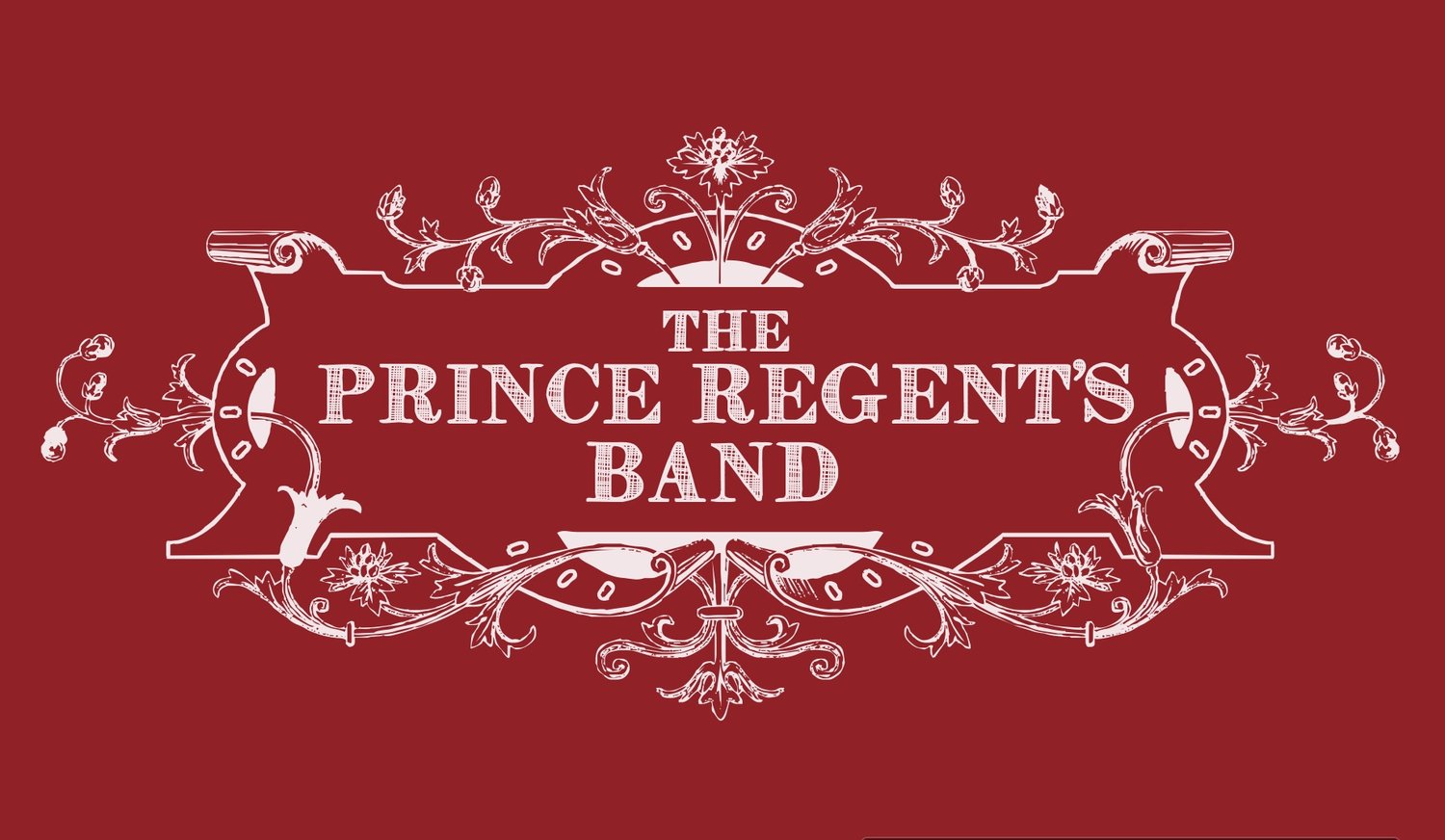The Distin Family were adventurous and flexible in their choice both of repertoire and instruments. Reviews and advertisements for their concerts suggest a wide range of repertoire that reflected the tastes of the times.
Contemporary opera melodies and scenes were fashionable, especially those by composers associated with Italian and French grand opera such as Rossini, Donizetti, Bellini, Meyerbeer, Halévy, Auber, Herold and Méhul.
British composers of the time were also popular with many works by the English composers Sir Henry Bishop and the Irish composer Michael Balfe. Composers who today would be associated with “early music” were included, especially those with a British connection such as Handel, Arne and Kent, as were a number of madrigals.“Classics” by Mozart, Haydn and Beethoven were also included.
The Distins often included folk songs or national tunes appropriate to the location of their concerts – a Grand Fantasia on American National Airs, a Prelude on Caledonian Airs or an Introduction and Medley on Irish melodies were typical of their penchant for crafting repertoire around their audiences’ tastes.
Similarly, they collaborated with musicians either native to the location of their concerts or musicians who were travelling the same circuits.A typical concert would have included smaller ensemble pieces, duets, trios and so on, and given the pianistic talents of Mrs Distin as well as the vocal skills of the Distin boys (Theodore Distin went on to be an opera singer), all sorts of combinations of instruments and voices were possible.
Part of the spectacle of their concerts was the diversity and inventive combinations of instruments:
"The Performers are the father and four sons, with Mrs Distin at the piano.Their instruments are the keyed trumpet, cornets-a-pistons, tenor corno, French horns, and bass horn or trombone.With these instruments, in different combinations, the Distins produce various striking and pleasing harmonies from instruments which rarely heard played with the same amount of ability." The Observer October 14th 1843.
Whilst it appears that the Distins set out to perform respected “art music” of their period a number of sources of Distin “dance music” survive: John Distin’s set of Military Quadrilles 'as performed by Mr. Distin and his four sons on the saxhorns' (published by Distin and Sons in 1846 in an arrangement by John Distin for solo piano) and Distin's Polka (published by Henry Distin in 1850 in a version for piano with an ad libitum accompaniment for two cornets or saxhorns). These two works felt ripe for PRB to “expand” back into a plausible version for saxhorn ensemble.
ANNEKE SCOTT


